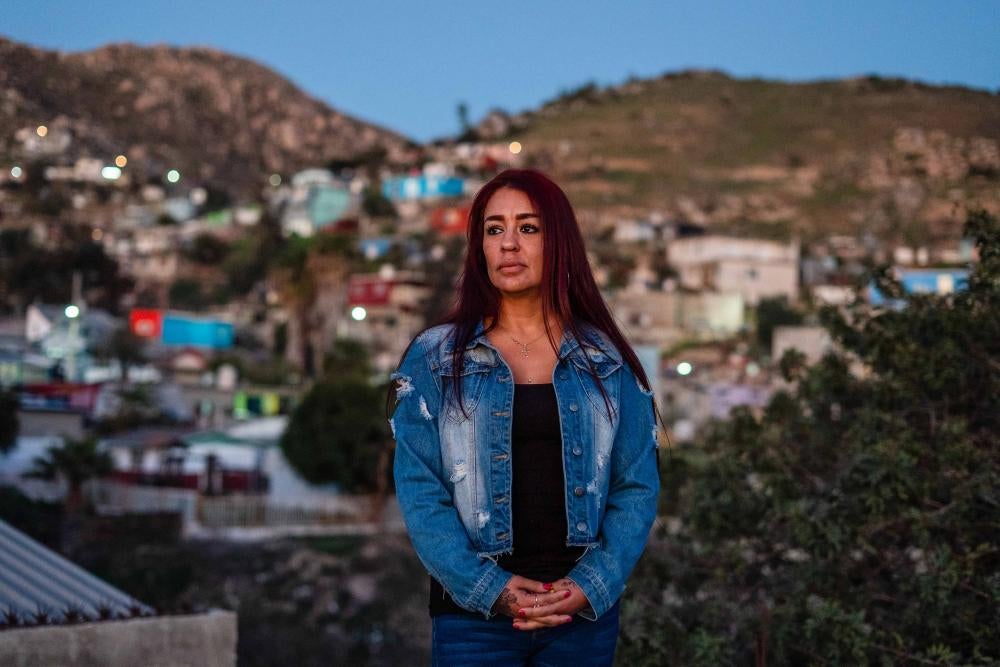People formerly sentenced to life without parole (LWOP) in the state of California have flourished since they have had an opportunity to return home, Human Rights Watch said in a report released today. As changes in legislation and executive power have allowed new pathways for release, the vast majority of people who have been released after serving these sentences are volunteering in their communities, caring for family members, and mentoring youth.
The 53-page report, "'I Just Want to Give Back': The Reintegration of People Sentenced to Life Without Parole," details what people who were once sentenced to die in California prisons have done with their second chances. Human Rights Watch surveyed more than three-quarters of those released since 2013 and found that 94 percent reported volunteering regularly, 84 percent said they financially assisted others, and 90 percent worked full or part-time, with 43 percent working in the nonprofit sector. Based on these findings, the report recommends that California government officials take steps toward eliminating the use of LWOP sentences.
"There is a false narrative that tells people to fear someone sentenced to life without parole," said Joseph Bell, a National LWOP Leadership Council member at Human Rights Watch. "But those of us who have been released are contributing to our communities in remarkable ways and changing this narrative."
More than 5,000 of the nearly 56,000 men and women sentenced to LWOP in the United States are in California, the third largest number of any US jurisdiction. Although it is a sentence that normally means a person will never be released, legislation allowing for the resentencing of people who were under 18 at the time of the crime, in addition to the unprecedented use of commutations by California governors, has led to a small number securing unlikely release.
Human Rights Watch was able to survey and interview 110 of the 143 who had secured release by May 2021. Human Rights Watch also reviewed statistical data from the California Department of Corrections and Rehabilitation.
The majority of respondents expressed a profound sense of remorse for the harm they had caused earlier in their lives, and a strong desire to make amends as their primary driving force in life since returning home.
"Every day I wake up and try to make amends for my crimes and try to do the best I can in memory of the victims in my case and their families," one respondent told Human Rights Watch. "I'll never be able to fully make up for it, but I'll do my best to try."
Another man had been sentenced to LWOP for a crime that occurred when he was 20. After he spent 28 years in prison, the governor commuted his sentence, and the parole board granted him parole. "As a child, they said I didn't have any human good in me," he said. "They said I was incorrigible." But since coming home, he described dedicating himself to good works. He cofounded an urban farming nonprofit organization with a mission to create gardens and offer healing in his community. "I proved them wrong. I'm proud of that."
The US has been criticized for its excessive and inhumane use of LWOP sentences, which are extremely rare in other countries; The US sentences more people to LWOP than the rest of the world combined, with 83 percent of the world's total. Additionally, in flagrant disregard of international human rights standards, the US is the only country that subjects youth under the age of 18 to the sentence.
"California and the United States at large maintain draconian sentencing practices that are completely out of step with international norms," said Amanda Leavell, children's rights researcher and advocate at Human Rights Watch and author of the report. "Government officials should eliminate life without parole and embrace a more compassionate approach to justice that prioritizes rehabilitation, restoration, and second chances."







